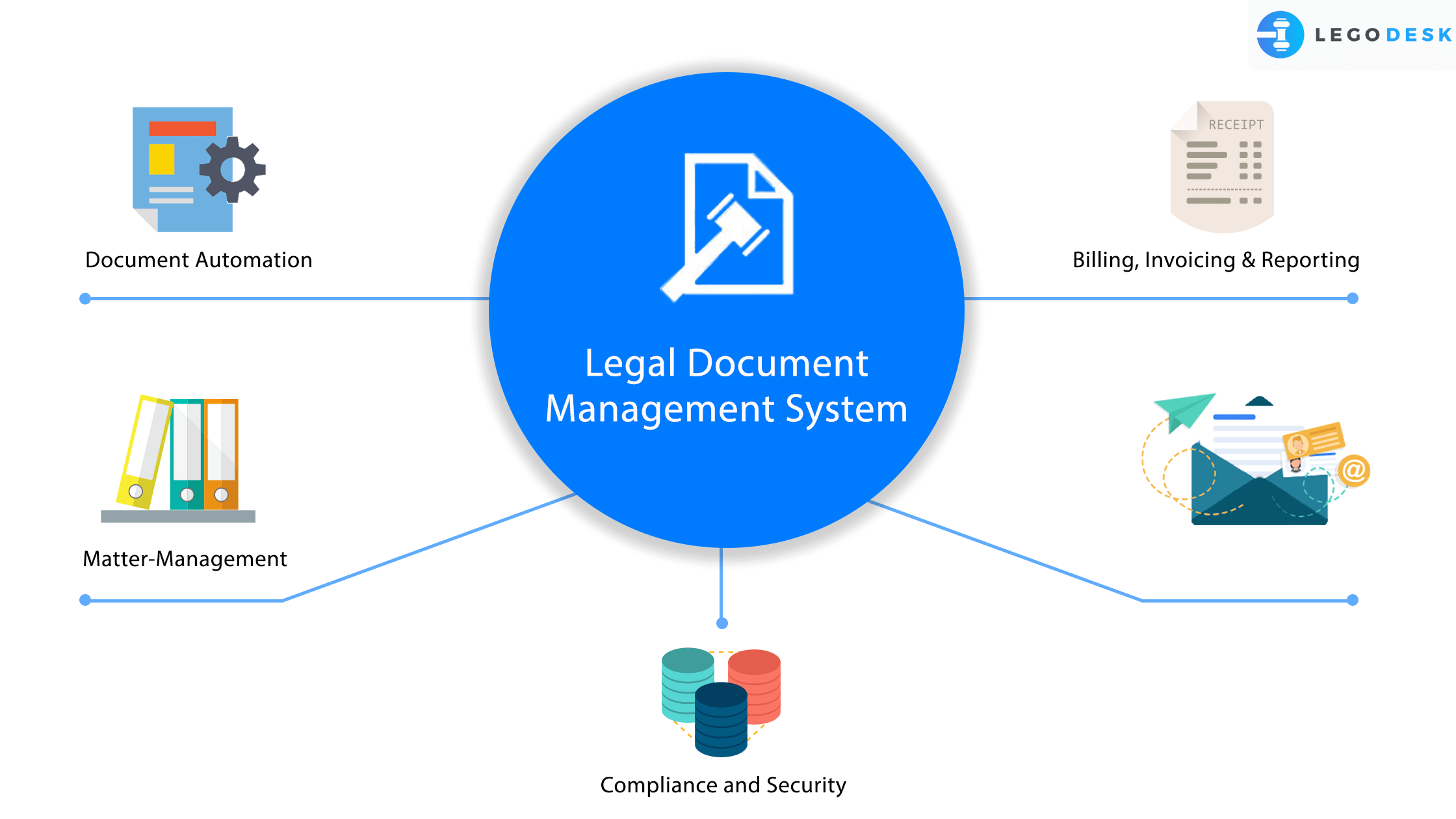Efficient Legal Case Management Strategies


Efficient Legal Case Management Strategies
Legal case management is a critical aspect of law practice, influencing the efficiency and success of legal professionals. In this comprehensive guide, we’ll explore essential strategies to enhance legal case management, ensuring streamlined processes and positive outcomes.
Utilizing Technology for Streamlined Processes
In the digital age, leveraging technology is paramount for efficient legal case management. Legal professionals should invest in case management software that centralizes information, automates routine tasks, and facilitates collaboration among team members. This technological integration enhances productivity and reduces the risk of errors.
Implementing a Structured Case Intake Process
A well-structured case intake process sets the tone for effective legal case management. Establishing clear protocols for client onboarding, document collection, and initial case assessment streamlines subsequent stages. A structured intake process ensures that legal professionals have the necessary information to make informed decisions from the outset.
Creating Customized Case Workflows
Each legal case is unique, requiring a tailored approach. Legal professionals should develop customized case workflows that align with the specific needs and complexities of each case. This personalized approach enhances organization, improves task prioritization, and contributes to a more efficient case management system.
Prioritizing Communication and Collaboration
Effective communication and collaboration are foundational to successful legal case management. Utilizing communication tools and establishing regular team meetings fosters collaboration among attorneys, paralegals, and support staff. Seamless communication ensures that everyone involved in the case is well-informed and aligned with the overall strategy.
Establishing Clear Deadlines and Milestones
Clear deadlines and milestones are essential for keeping legal cases on track. Legal professionals should establish realistic timelines for key activities, such as filing documents, responding to motions, and preparing for hearings. This proactive approach minimizes delays and contributes to timely case resolution.
Utilizing Document Automation and Management
Document handling is a significant aspect of legal case management. Implementing document automation tools and efficient management systems simplifies document creation, review, and storage. Access to a centralized document repository enhances collaboration, reduces paperwork, and ensures version control.
Embracing Time and Task Management Tools
Legal professionals often juggle multiple tasks and deadlines simultaneously. Embracing time and task management tools helps prioritize assignments, allocate resources effectively, and avoid oversights. This strategic approach enhances productivity and contributes to more efficient legal case management.
Conducting Regular Case Reviews and Assessments
Regular case reviews and assessments are vital for ongoing improvement. Legal professionals should periodically evaluate case progress, reassess strategies, and identify areas for optimization. This reflective process ensures that legal case management remains dynamic and responsive to changing circumstances.
Investing in Professional Development
Staying informed about legal trends, best practices, and technological advancements is crucial for effective legal case management. Legal professionals should invest in continuous professional development, attending relevant workshops, webinars, and training sessions. This commitment to staying current enhances skills and contributes to more informed decision-making.
Legal Case Management Strategies in Action: Success Stories
Real-life success stories exemplify the positive impact of efficient legal case management strategies. From complex litigation to routine legal matters, these examples showcase how strategic case management contributes to favorable outcomes. For more insights and success stories, visit Legal Case Management.
Conclusion: Elevating Legal Practice Through Strategic Case Management
In conclusion, efficient legal case management is instrumental in elevating legal practice. By embracing technology, implementing structured processes, and prioritizing collaboration, legal professionals can enhance their effectiveness and deliver optimal outcomes for their clients. For ongoing guidance and resources, visit Great Blog About.







